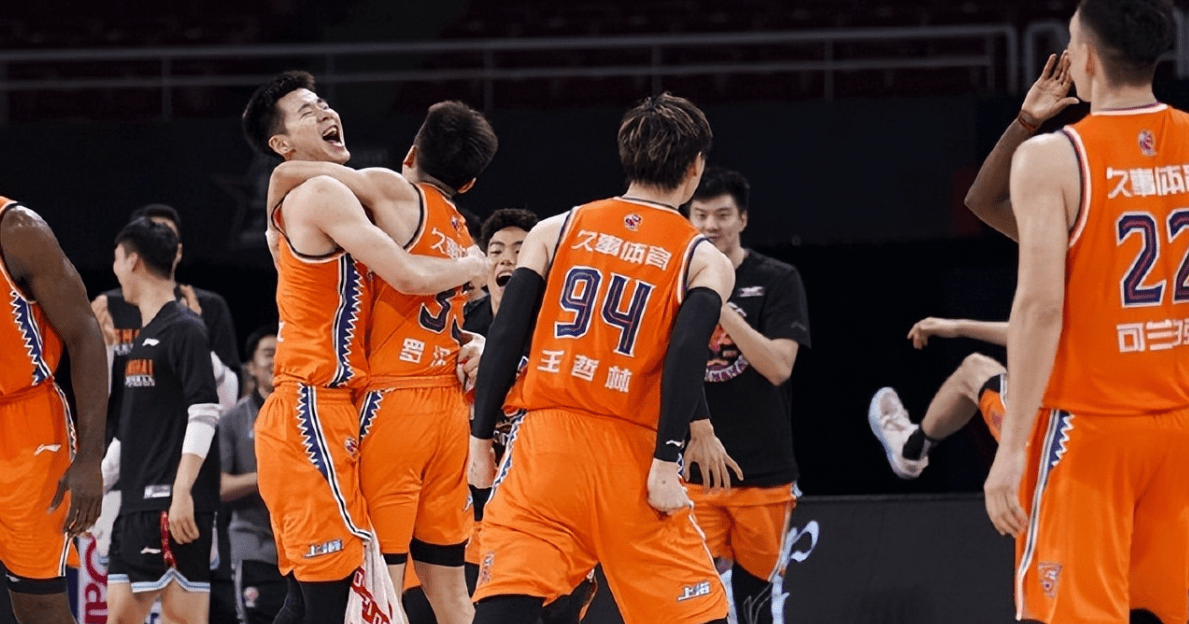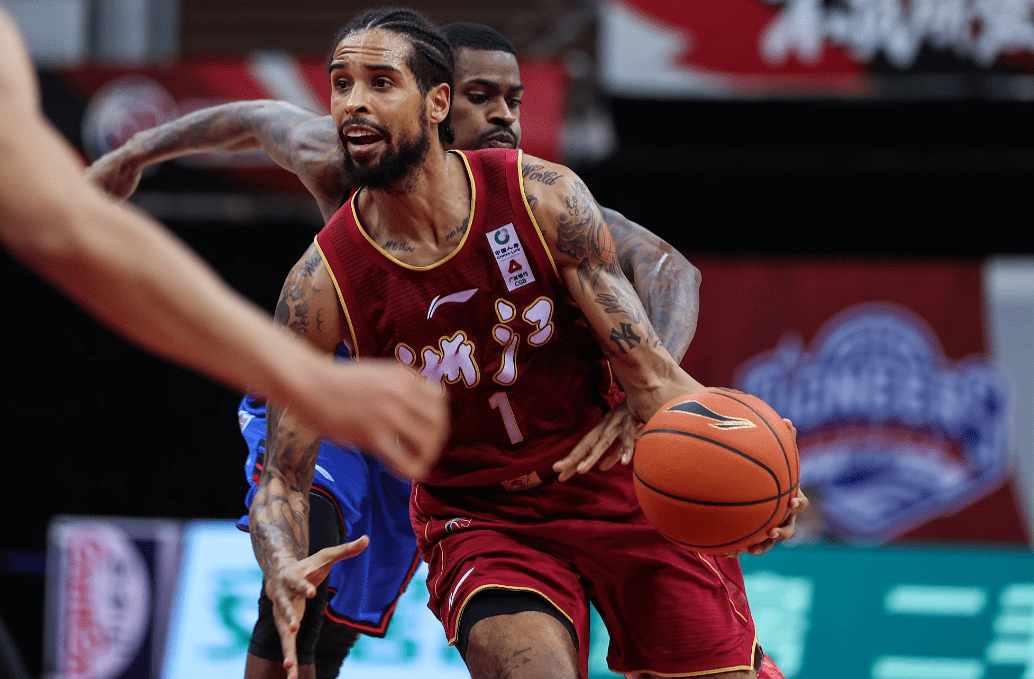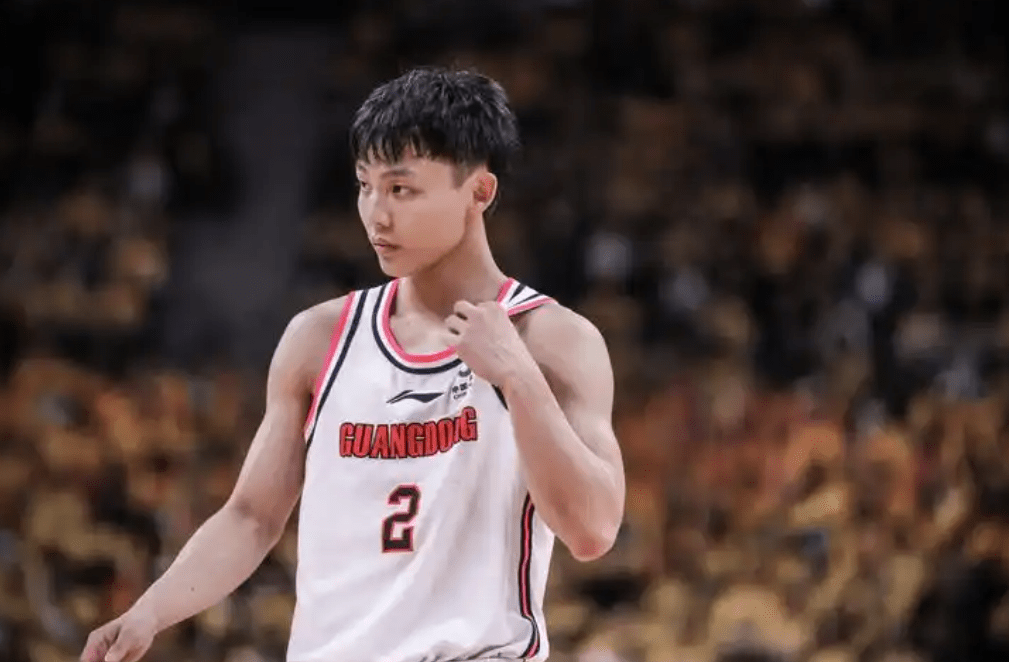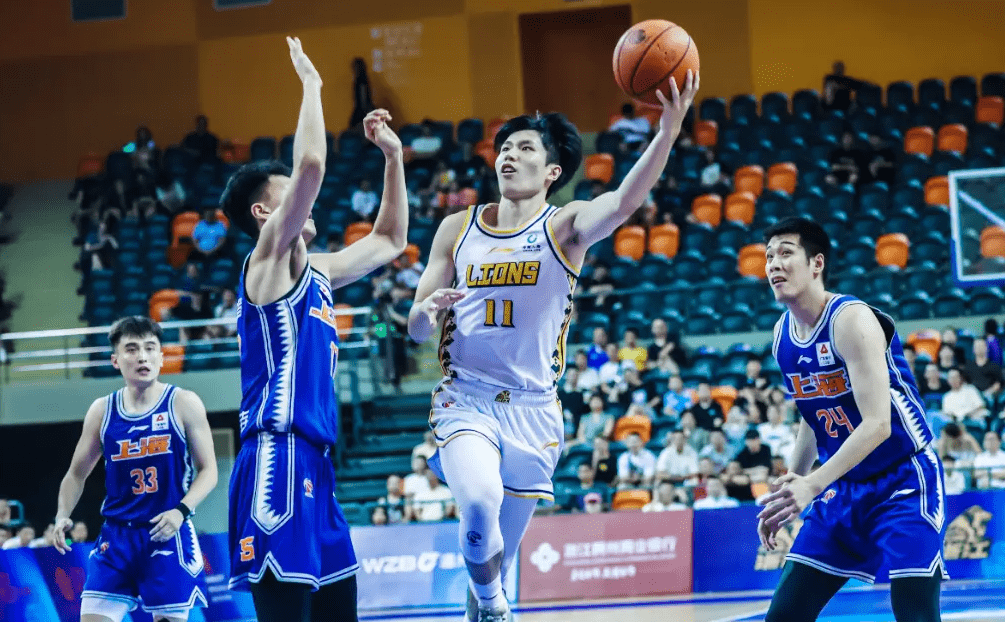In recent weeks, every game of the CBA league has been like a thrilling drama, leaving spectators unsure of the outcome. On one side, we see the ups and downs of former championship teams, while on the other, new contenders are emerging with force. This dynamic not only reflects the intense competition for results but also signifies a major reshuffling within the CBA landscape. The question arises: how long can the traditional powerhouses maintain their depth, and for how long will the new forces continue to assert their dominance?

Let's start with Liaoning Men's Basketball Team. In their match against Jilin, Liaoning secured a decisive victory with a score of 102-81. This win not only propelled them back into the top four of the standings but also allowed them to shake off the shadow of their previous slump with an impressive display of dominance.

Liaoning's performance in this game could be described as "crushing" – they opened up a nearly 20-point lead in the first quarter and expanded it to 30 points by halftime. The subsequent parts of the game felt devoid of tension, akin to a "teaching match." However, the true significance of this victory extends beyond just the win; it demonstrated Liaoning's ability to make critical adjustments and alleviated fans' concerns about the team's form.

The outstanding performances of core players such as Guo Ailun and Zhang Zhenlin served as a reminder that established strong teams do not falter easily. These displays of skill have bolstered Liaoning's prospects for the playoffs. As reigning champions, they clearly have no intention of missing any key battles this season. However, whether this resounding victory truly signifies Liaoning's recovery from their low point remains to be seen, as they will face stronger and more consistent opponents in the future.

Turning our attention to Guangdong Men's Basketball Team, this squad, boasting 11 championship titles, has faced a tougher journey this season. In their intense matchup against Shandong, Guangdong narrowly escaped defeat, securing a hard-fought victory with a score of 98-93. The game was closely contested until the final moments, particularly in the fourth quarter when Shandong's dual foreign players, Gaili and Lanzberg, nearly went berserk. Guangdong found themselves teetering on the edge of a cliff.

However, in the clutch, young player Xu Jie stepped up, stabilizing the situation with several precise three-pointers and crucial assists, ultimately helping Guangdong claim this pivotal win. For Guangdong, which is currently undergoing a transition between generations, this victory means much more than just two consecutive wins on the leaderboard – it represents a thorough demonstration of the fighting spirit and competitive heritage of a storied powerhouse.

Xu Jie's standout performance also offers a glimpse into the potential of Guangdong's future. Although their peak may have passed, the team's resilience remains evident. That being said, as the 11-time champions, their current ranking (ninth) is far from satisfactory, and their ability to climb back up the leaderboard will depend entirely on how long their young players can sustain their performance.

If Liaoning and Guangdong represent the stability of traditional powerhouses, then Shanghai and Guangsha are undoubtedly the youthful storm of this CBA season. Starting with Shanghai, this team is currently the highest-profile dark horse in the entire CBA. Last week, they achieved a stunning victory over Ningbo with a score of 126-113. More notably, this marked their twelfth consecutive win!

A 12-game winning streak is currently the longest in the CBA, enough to put all opponents on high alert. How hot is Shanghai's performance? Their teamwork, offensive efficiency, and defensive quality can be described as "watertight." This team is proving with both heat and consistency in the season that a new king in the CBA league may be quietly emerging.

Guangsha Men's Basketball Team is also making waves, having secured a home-court victory of 104-99 against Beikong. This team has now won 14 consecutive home games and firmly occupies the top of the leaderboard. They have become the only top ten team this season to achieve three consecutive wins and have maintained a stable level of play. Interestingly, this youthful team always finds ways to break through in matches, whether it's the consistent output of main player Hu Jinqiu or the team's superior rebound control, Guangsha exhibits a sense of all-around suppression. It can be said that the strong performances of Shanghai and Guangsha have broken the monopoly of traditional strong teams in the CBA competition.
It must be said that the intensity of the current CBA league competition is so fierce that even AirPods might be knocked off by ecstatic fans in the stands. Liaoning has just returned to the top four, Guangdong is a step away from the top eight, while Shanghai and Guangsha remain at the top, with the top six of the leaderboard almost "packed like porridge."
Every win or loss in each game can lead to dramatic fluctuations in the rankings, much like a game of chess where one wrong move can result in total defeat. This dynamic not only adds suspense to the matches but also keeps fans up late into the night, caught up in the excitement.
Shandong's dual foreign player system also serves as a wake-up call to many teams. While the two foreign players, Gaili and Lanzberg, displayed remarkable scoring abilities against Guangdong, the team's overall coordination was clearly disjointed. Especially in the critical moments of the game, the lack of synergy between domestic players and foreign players proved to be a fatal flaw. This highlights that CBA teams cannot rely solely on foreign players for scoring, as no one can win against strong opponents single-handedly.
If we carefully examine the recent match data, we will find that many of the standout performers in various games are young players, such as Xu Jie from Guangdong and Wang Zhelin from Shanghai (to clarify, he is still considered a rising star despite his status). These energetic young faces are gradually becoming the backbone of their teams. As veterans gradually step back, the CBA is experiencing a generational shift, with young players becoming the decisive force in determining victories. Take Xu Jie as an example; he is highly regarded in Guangdong, and his several key performances have given people a glimpse of the possibilities for the future.
From Guangsha to Shanghai, these young and daring teams are leading a new trend in this era. This not only makes the games more intense but also injects a vibrant hope for development into the CBA.
There are wins and losses in games, rises and falls for teams. The future of the CBA may very well be the current unpredictable and fiery competition. The league continues, and the story is yet to be concluded.